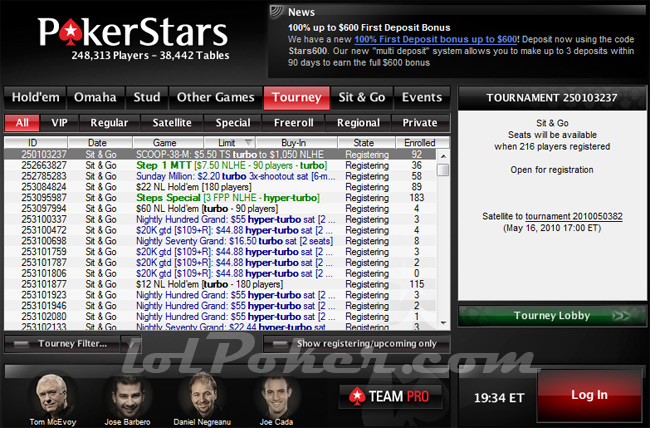Heads Up Badugi Strategy
If you have ever played in a tournament, sit-and-go or on a badugi poker table with few people, it is likely that you have experienced a time where you are heads up against another player. Heads-up is a term that describes the game when there are only two people at a table. Sometimes this is known as a shootout or a draw. There are special tables where players can specifically play 1-on-1 or it will naturally happen in tournaments when the number of players dwindles down to the last two people left.
The strategy in heads up badugi is fast and furious, just as it is in any other poker game. It is also rare for people to make it into this situation so there is the problem of having a lack of experience in heads up duels. The general strategy that is usually needed here is to act more aggressively and to be looser. It is almost always a mistake to be overly tight and conservative, so remember this rule of thumb. Players do not necessarily need to be aggressive and being passive also has its own benefits as well.
The first part of the strategy involves knowing that when there are fewer people at the table, your odds are greatly increased. On average, you have a 50/50 chance of winning on any single hand in a heads up situation. This also means that the chances of the other player holding a good badugi hand are even less. In fact, it is common for players to win with only a 3 card hand and even 2 card hands, just because there is such low variance with only 2 people playing.
Another important note to remember is that you and your opponent are always paying blinds, whether they are small or big. By knowing these things, you can take advantage of bluffing more often. You can win much easier if you are playing against tight players because you can keep stealing the blinds and quickly knock your competitor out of the game since they are losing a lot of money quickly to the blinds. Also, if you know you are playing against an inherently tight badugi player, you can easily tell when they finally get their good hand if they bet aggressively. At this time, you can quickly fold in order to save money on a loss.
The goal in badugi is to get a 4 card hand or complete this goal during a series of draws. This goal can be bent a little bit in heads up because getting a "badugi" will not be as necessary in order to win. So you should play more loosely, especially if you are playing against other loose and aggressive player. Again, you do not want to stay too tight in order to prevent losing a lot of blinds to bluffing players. So be more loose than usual when selecting your starting hands since you will not need as good of a hand in order to win as you would need in an 8 player table.
It is likely that your competitor will also be more aggressive in heads up badugi than they would be at a full table. There are a few things you can do to outplay a player who becomes aggressive. A safe way is to keep calling them unless you get an extremely poor hand. Players who tend to call on every hand are known to be a "fish", calling station or passive players. These passive players tend to profit greatly by "trapping" other loose and aggressive players by slow-playing your good hands.
Another way to handle aggressive players is to "out-aggro" an aggressive player. The goal here is to be even more aggressive by raising and re-raising everything they do. Usually, this ends up with no one folding and everyone betting the maximum limit in a badugi round. Basically, you are trying to be more aggressive than an already aggressive player. This strategy is not recommended and usually results in everyone losing a lot of money with poor hands.
The smartest thing to do is read your opponent to see how tight or how loose they are. Then watch how many cards they are drawing in each round as well. Be highly aggressive against tight players in heads up situations and be careful of them when they start to call or bet. If you are playing against loose players, check to see how many cards they draw in each round to determine their hand strengths. The most important thing you should never do is become overly tight and allows other players to slowly steal your bankroll in the blinds. Also remember that the blinds are usually much bigger or increase quicker in heads up situations and you will also lose more money to the rake if you are playing at a cash game instead of a tournament.


 US Players and Credit Card, BitCoin Deposits Accepted!
US Players and Credit Card, BitCoin Deposits Accepted!


